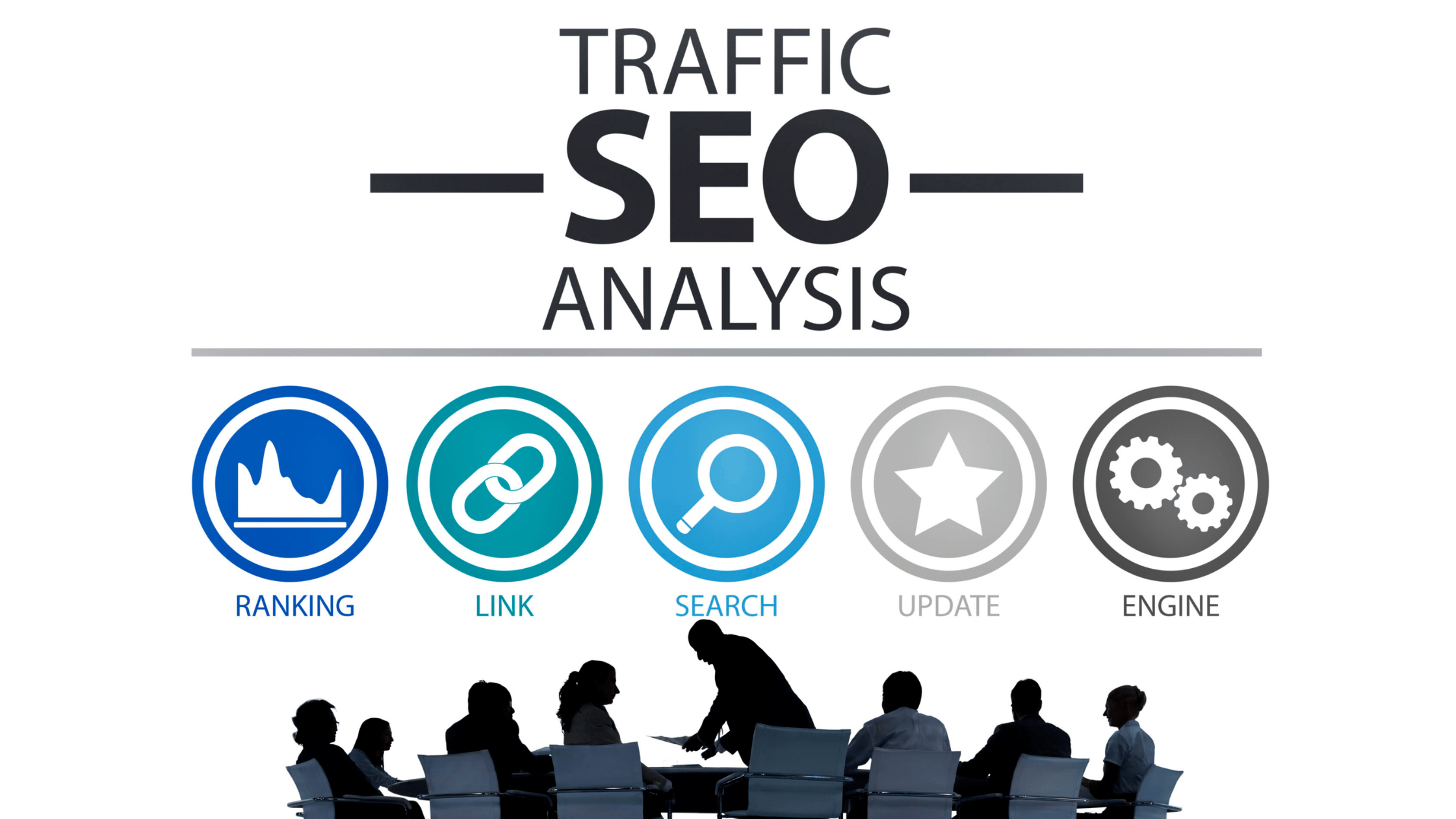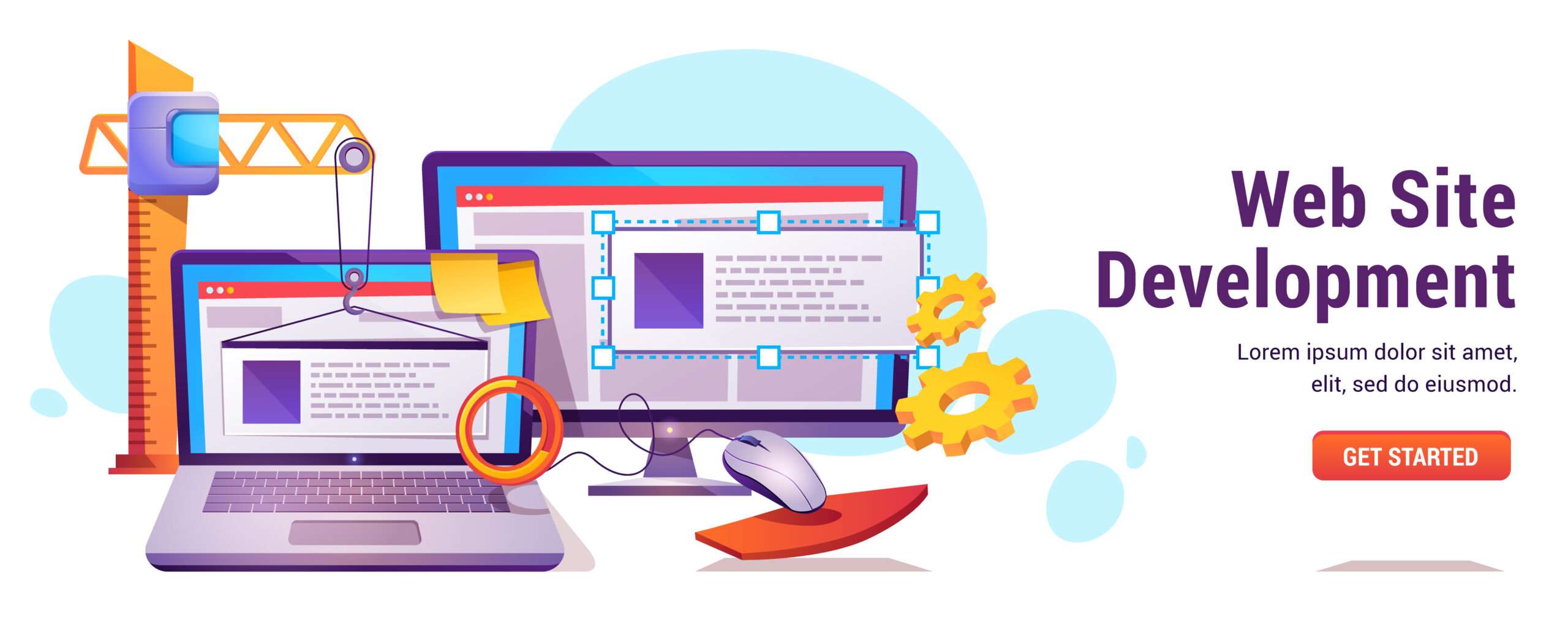Introduction
In the digital age, link building remains a critical component of search engine optimization (SEO), enhancing a website’s visibility and authority. However, the landscape of link building has evolved significantly. Gone are the days of indiscriminate link exchanges and bulk submissions. Today, effective link-building requires a more refined, human-centric approach.

A human approach to link building emphasizes building genuine relationships, creating valuable content, and engaging with communities in meaningful ways. It’s not just about acquiring links but about fostering connections that are beneficial for both parties involved. This strategy not only improves search engine rankings but also strengthens your brand’s reputation and trustworthiness.
By focusing on providing real value, understanding the needs of your audience, and nurturing relationships with influencers, bloggers, and other content creators, you can develop a sustainable link-building strategy that aligns with the evolving dynamics of the online world.
Effective link-building strategies with focus on building genuine relationships, providing value, and creating content that others naturally want to link to. Here’s how you can approach link building with a human touch:
Create High-Quality, Shareable Content
Original Research: Conduct surveys, studies, or in-depth analyses that others in your industry would find valuable and reference in their own content.
Comprehensive Guides: Write detailed, well-researched guides or tutorials that answer common questions in your niche.
Infographics and Visual Content: Create visually appealing infographics that others might want to share or embed in their content, providing a natural link back to your site.
Build Relationships with Influencers and Bloggers
Personalized Outreach: Instead of sending mass emails, research potential link partners and send personalized, thoughtful messages explaining how your content can benefit their audience.
Guest Posting: Offer to write guest posts for reputable blogs in your industry. Ensure the content is valuable and aligns with the host site’s audience.
Collaborate on Projects: Partner with influencers or bloggers on joint projects like webinars, eBooks, or industry reports that naturally include backlinks to your site.
Engage in Community Building
Participate in Forums and Online Communities: Contribute to discussions on forums, Reddit, or niche communities, where you can share your content naturally when it adds value.
Answer Questions on Q&A Sites: Sites like Quora or Stack Exchange allow you to share your expertise. Provide thorough answers and link back to your content when relevant.
Sponsor or Attend Industry Events: Engage with industry events, whether by sponsoring, attending, or speaking. This can lead to natural mentions and links from event websites or coverage.
Leverage Social Media
Share Content Consistently: Use social media platforms to share your content, interact with others in your industry, and build a following that may link to your content.
Influencer Outreach: Reach out to influencers in your industry, asking them to share your content if they find it valuable.
Engage with Your Audience: Respond to comments, join discussions, and build a community around your brand.
Monitor and Reclaim Lost Links
Broken Link Building: Use tools to find broken links on other websites and suggest your content as a replacement.
Reclaim Unlinked Mentions: If someone mentions your brand or content without linking to you, reach out and politely request a link.
Focus on Local and Niche Directories
Local Directories: If relevant, get listed in local business directories or niche-specific directories that are trusted and relevant to your industry.
Industry-Specific Directories: Submit your website to directories that are specific to your industry for relevant backlinks.
Create Content for Linkable Assets
Resource Pages: Develop resource pages or toolkits that are valuable to your industry. Other sites often link to high-quality resource pages.
Data and Statistics: Publish original data, statistics, or case studies that others in your industry may cite and link to.
Follow Up and Maintain Relationships
Thank You Notes: After someone links to your content, send a thank-you note. This small gesture can help maintain a good relationship for future collaborations.
Regular Check-Ins: Periodically check in with your network of bloggers, influencers, and partners. Share updates, new content, or opportunities for collaboration.
Conclusion
A link building is about more than just acquiring links; it’s about building lasting relationships and providing value. By focusing on creating high-quality content, engaging with your community, and being genuinely helpful, you can build a strong backlink profile that benefits both you and your audience.
Positive Effective Strategies for Link Building
A human-centered approach to link building offers several key advantages that make it a powerful strategy for long-term success. One of the most significant benefits is the creation of authentic relationships. By focusing on personalized outreach and genuine engagement, you build strong connections with influencers, bloggers, and industry peers, leading to high-quality backlinks from reputable sources. These links not only boost your website’s authority but also drive more relevant and targeted traffic.
Another positive aspect is the enhancement of your brand’s reputation. When others see your content being shared and linked by trusted sources, it increases your credibility and trustworthiness. This approach also encourages the creation of valuable, shareable content that resonates with your audience, leading to more organic sharing and natural link-building opportunities.
Moreover, a human-centered strategy promotes sustainable growth. Unlike short-term tactics that may lead to penalties, this approach builds a solid foundation for ongoing success. By engaging with your community and focusing on ethical, white-hat techniques, you create a positive cycle of trust, value, and engagement that benefits your brand in the long run.
Negative Effective Strategies for Link Building
A human-centered approach to link building, while effective, does come with some potential downsides. One of the main challenges is the significant time and effort required. Building genuine relationships and creating high-quality content can be resource-intensive, making it a slower process compared to automated or mass link-building tactics. This means results may take longer to materialize, which can be frustrating if quick gains are needed.
Additionally, the success of this approach is often uncertain. Even with personalized outreach and valuable content, there’s no guarantee that others will link to your site. Rejection rates can be high, and the effectiveness of your efforts may heavily depend on factors outside your control, such as the responsiveness of influencers or the specific preferences of your target audience.
Scalability is another issue, as this approach can be difficult to implement on a large scale. The need for personalized interactions and tailored content limits the number of links you can acquire efficiently, making it hard to replicate success across multiple campaigns or markets. Finally, measuring the return on investment (ROI) can be complex, as the benefits of relationship-building and brand reputation are not always immediately quantifiable.






